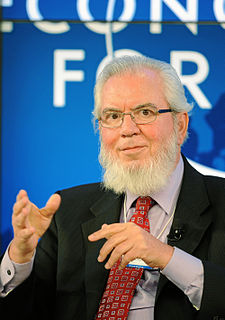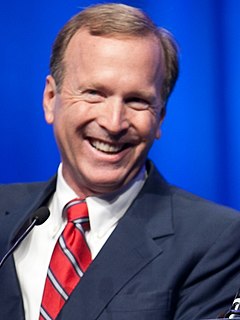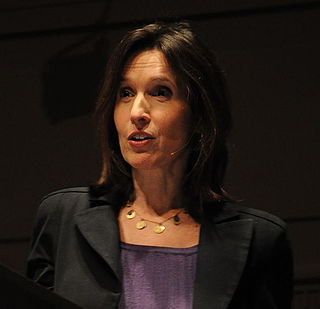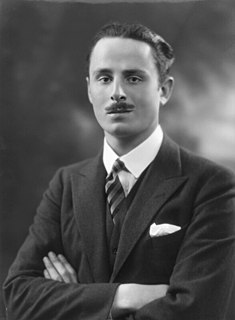A Quote by Jim Stanford
Kalecki thus precisely predicted the economic and political U-turn that occurred with the advent of neoliberalism. Kalecki also argued that fundamental institutional changes, especially regarding wage-setting and other aspects of the employment relationship, would be essential if full employment was to be sustained.
Related Quotes
Capital, and the question of who owns it and therefore reaps the benefit of its productiveness, is an extremely important issue that is complementary to the issue of full employment... I see these as twin pillars of our economy: Full employment of our labor resources and widespread ownership of our capital resources. Such twin pillars would go a long way in providing a firm underlying support for future economic growth that would be equitably shared.
Human society is not a machine, and it must not be made such, even in the economic field.... Access to employment [shall not be] made to depend on registration in certain parties or in organization which deal with the distribution of employment.... It is necessary that humanity turn its gaze toward the action of God ... to aid and redeem mankind from all its ills.
I think the team that successfully puts together an economic and social policy framework for global full employment in decent working conditions based on local development, that would command the support of all stakeholders and all international organizations concerned, should be awarded the [Nobel] prize. I am sure they would get it not just for economics, but also for peace in the world.
Minimum wage laws tragically generate unemployment, especially so among the poorest and least skilled or educated workers... Because a minimum wage, of course, does not guarantee any worker's employment; it only prohibits, by force of law, anyone from being hired at the wage which would pay his employer to hire him.
It seems to me both moral and practical that in the richest in nation in the world that someone working full time shouldn't live in poverty. And studies over the last 20 years in states where we have seen these minimum wage increases show there's no discernible impact on employment growth. In fact, what it does is line low-wage workers' pockets with higher wages.
No matter whether it is their intention or not, almost anything that the rich can legally do tends to help the poor. The spending of the rich gives employment to the poor. But the saving of the rich, and their investment of these savings in the means of production, gives just as much employment, and in addition makes that employment constantly more productive and more highly paid, while it also constantly increases and cheapens the production of necessities and amenities for the masses.



































